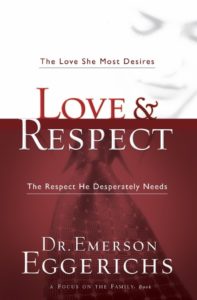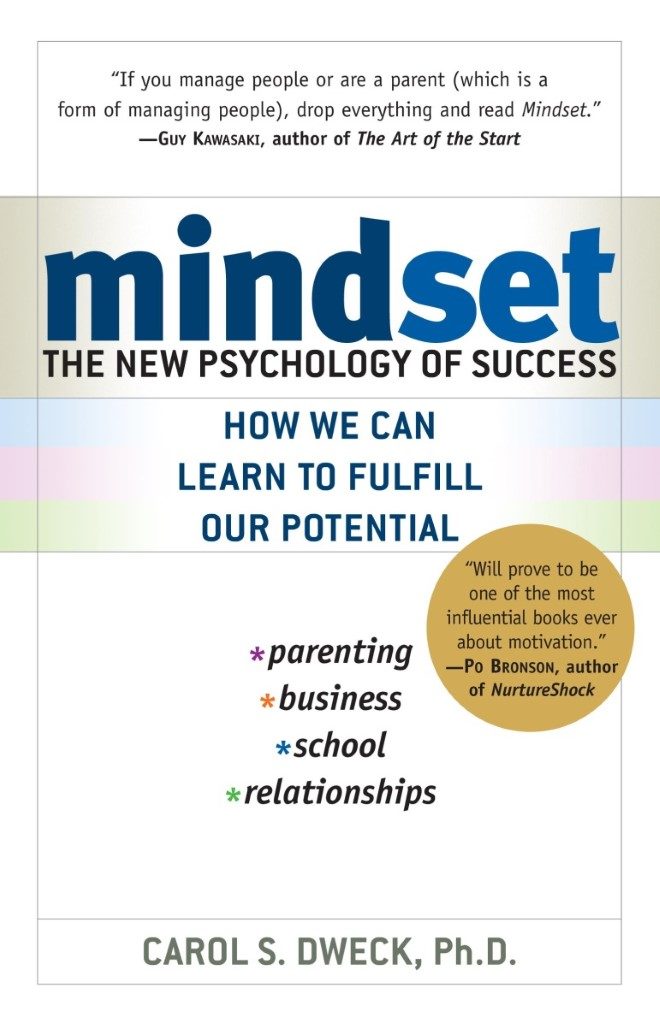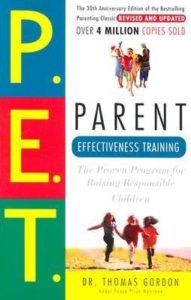By Mandie
Does self-doubt or insecurity often hold you back from doing things you want to do? Do you feel like everyone is judging you? Do you always blame yourself when things go wrong, or have trouble making decisions for fear of upsetting people? These are all effects of low self-esteem.
All your actions and choices in life reflect how you perceive yourself. Low self-esteem doesn’t lead you to success, happiness, or healthy relationships. It leads to self-sabotage, settling for low standards, and suffering.
But your self-esteem is not fixed.
I used to not feel good about myself in certain aspects of my life, and I worked hard to change that. Here are my top five self-esteem killers that have come to light over the years.
1. Believing Your Negative Self-talk
Everyone has negative self-talk. Sometimes thoughts like: I’m not good enough, I’ll never succeed, so what’s the point in trying?, No one cares about what I think, or I’m not worth anyone’s time fill your mind.
It’s not the self-talk that’s actually the problem though. Believing that mental B.S. is! We think millions of thoughts every day, and we know that those thoughts are not all 100 percent truth. But for some reason when it comes to negative thoughts about ourselves, many of us buy right in!
The trick to managing your negative self-talk is learning to become aware of your thoughts. Then you can practice acknowledging them and reassuring yourself that they’re not true.
2. Avoiding Challenges
The more you’re willing to accept challenges and push yourself out of your comfort zone, the faster your self-esteem will grow.
The more I pushed myself out of my comfort zone in work and in life, and took on challenging tasks (mental or physical), the more confident I became. Your proving to yourself that you can do this! At first things may feel very uncomfortable, but you learn fast.
Often people avoid challenges because they’re afraid of failing, of being embarrassed, or of what other people will think.
But if you do, you’re not fueling your self-esteem and you miss out on that fulfilling sense of accomplishment.
3. Dishonesty
I used to be continually dishonest to myself and others. It was a habit I wasn’t even aware of. My motivation was to keep people happy/avoid upsetting them. I would have continued along this path had my husband not discovered it.
I had complained of not thinking highly of myself, and he thought that the self-esteem and dishonesty were connected. He was right, and after I changed this habit my self-esteem definitely increased.
Like the negative self-talk, the first step in changing this is becoming aware. Try to pay attention to what you’re thinking, what you’re saying and doing, and see if these align with the kind of person you want to be.
4. Doing What’s Easy Instead of What’s Right
In other words, having integrity. I found that, like dishonesty, not having integrity can kill your self-esteem. Be the person you want to be, no matter whether or not someone is looking — especially when it’s not easy.
Even if no one else is judging you, you are judging yourself.
Establish a set of values for yourself as far as who you want to be. Then next time you’re faced with a tough decision ask yourself what your motives are for each course of action you’re considering.
One course may keep others happy but isn’t in line with your values, another course may piss people off but match your values, and sometimes there’s too much grey area for it to be easy to tell what the right choice is. You have to look at the big picture, and take your values into account along with the impacts of your actions/choices on yourself and others.
5. Not Speaking Up
I’m a master at this one (but I’m working on it)! The truth is, you don’t ask for help or support when you need it you’re not doing yourself or those around you any favors. You are telling yourself that you deserve to suffer (through your silence), and you’re making others suffer cause they don’t like to see you struggle and not know how to help.
Maybe you don’t want to be a burden, or you think you don’t deserve help, but it’s just not true. If you want to boost your self-esteem, you must act in alignment with the self-confident version of you. The version of you that knows you’re worth all the love and support that you would give to someone else.
Summary
Self-esteem can determine your success and happiness in love and life. But if it’s low it can be changed. Don’t believe your negative self-talk, go conquer those challenges, be honest with yourself and with others, do what you know is right, especially when it’s not easy, and speak up when you need help or support. Keep doing things that affirm your competency. Train yourself that you are worth it. Because you are.
If you liked this post and want to hear when I publish new articles, join my mailing list below.








